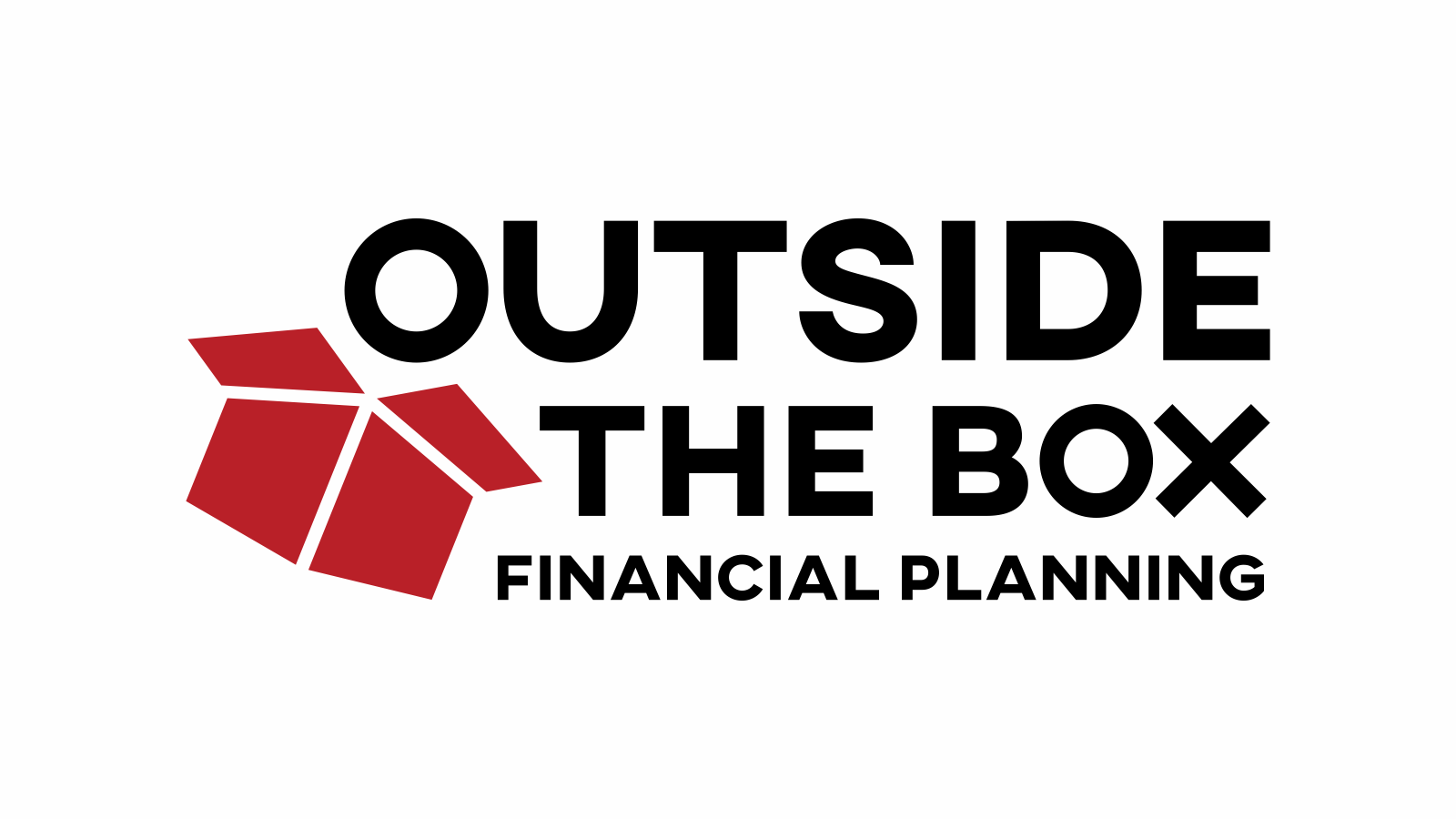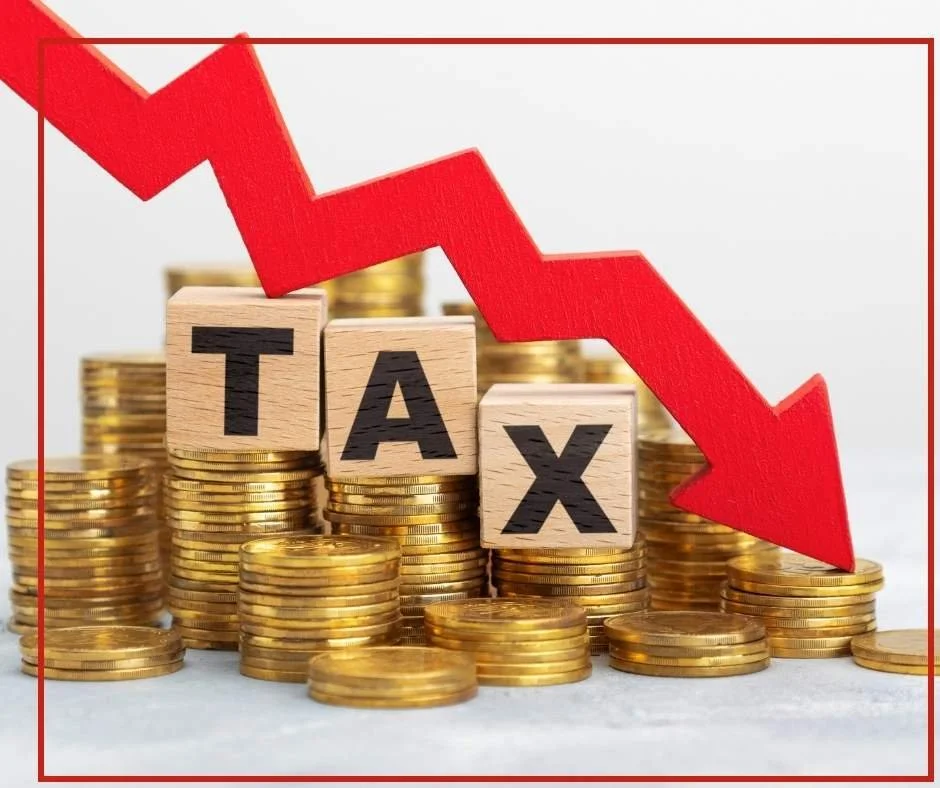Year-End Tax Planning Checklist: Keep More of What You Earn
Woman typing on a calculator with tax papers scattered on desk
The end of the year is fast approaching, which means you’re probably focused on holiday shopping, family gatherings, and maybe squeezing in some well-deserved rest. But if you take just a little time to do some year-end tax planning, you’ll thank yourself when spring rolls around. Think of it like changing the oil in your car before winter—you invest a little effort now to avoid bigger, more expensive problems down the road.
The good news? You don’t have to be a tax expert to make smart moves that keep more money in your pocket. Here’s a year-end checklist to guide you through it, with simple strategies to save on taxes and make the most of what you’ve earned.
1. Max Out Retirement Contributions: Boost Savings While Reducing Taxes
Deadline: December 31
Saving for retirement isn’t just about securing your future—it’s also a quick way to lower your taxable income today. Every dollar you contribute to a 401(k), 403(b), or similar plan reduces your taxable income, which means less money owed to Uncle Sam.
Contribution Limits for 2024:
Up to $23,000 for most people (and an extra $7,500 if you’re 50 or older).
How to Do It:
Check your paystub to see if you’re on track to max out your contributions. If not, consider bumping up your payroll deductions for the rest of the year—especially if you got a year-end bonus.
Why It Matters:
Think of it like using a coupon at the store. You’re buying yourself a more secure future and paying less today. That’s a win-win.
2. Use Your HSA: Save Now for Health Expenses Later
Deadline: December 31 for contributions to count toward this year’s taxes
If you have a Health Savings Account (HSA) through a high-deductible health plan, don’t overlook it. HSAs offer a rare triple tax benefit:
Contributions reduce your taxable income.
Investments inside the HSA grow tax-free.
Withdrawals for medical expenses are tax-free too.
Contribution Limits for 2024:
$4,150 for individuals, $8,300 for families, and an extra $1,000 if you’re 55 or older.
Why It Matters:
Think of your HSA like a rainy-day fund that doubles as a health piggy bank. It’s there for you now, and if you don’t need it right away, it rolls over and grows for the future—like a trusty umbrella you keep in the closet.
3. Tax-Loss Harvesting: Turning Market Losses into Savings
Deadline: December 31
If you have investments in a taxable brokerage account, take a look at how your portfolio is performing. This has been a bumpy year for the markets, and you might have some losing stocks or funds. Selling those losers can help reduce the taxes you owe on other investments that made a profit.
How It Works:
Losses can offset gains, dollar for dollar. If your losses exceed your gains, you can subtract up to $3,000 from your regular income, and anything left over can be carried forward into future years.
Why It Matters:
Think of it like cleaning out your closet. You get rid of the old things you don’t need (investments that aren’t performing) and make room for new ones (or at least get some tax savings). It’s a financial fresh start.
4. Charitable Contributions: Do Good, Get a Break
Deadline: December 31
Donating to charity not only feels good—it can also reduce your tax bill if you itemize deductions. You can give cash, stock, or even household items, and it all counts toward your charitable deduction.
Pro Tip:
If you have stocks that have gone up in value, donating them directly to a charity can help you avoid capital gains taxes. You’ll get the full deduction for the stock’s current value without paying taxes on the gain.
Why It Matters:
This is like donating clothes to Goodwill. You declutter your life, help someone else, and come tax time, you might get a little bonus for your generosity.
5. Check Your FSA: Use It or Lose It
Deadline: December 31, though some plans give a short grace period into the new year
If you have a Flexible Spending Account (FSA) through your employer, now’s the time to check your balance. Unlike HSAs, most FSAs come with a “use it or lose it” policy. Any money left over in the account at the end of the year (or after the grace period) disappears.
How to Avoid Losing It:
Schedule any last-minute doctor appointments, stock up on prescription glasses, or buy eligible medical supplies. Many plans also cover things like first-aid kits or sunscreen.
Why It Matters:
Imagine if a gift card in your wallet expired at the end of the year. Wouldn’t you want to use it while you still could? Your FSA works the same way.
6. Estimate Your Taxes: Avoid a Surprise Bill
Deadline: December 31
Did you get a big bonus this year? Sell some investments? Or start a side hustle? If so, you might owe more in taxes than expected. The IRS wants you to pay taxes as you earn, and if you underpay, you could face a penalty.
How to Check:
Use an online tax calculator or ask your accountant for a quick estimate. If it looks like you’ll owe more, you can make an estimated tax payment by December 31 to avoid penalties.
Why It Matters:
This is like checking the gas gauge before a road trip. If you’re running low, it’s better to fill up now than get stranded on the highway (or hit with a surprise tax bill).
7. Review Your Beneficiaries: Make Sure They’re Up to Date
Deadline: Ongoing, but the end of the year is a great time to check
Life changes—like getting married, divorced, or having kids—should prompt a review of your beneficiary designations on things like retirement accounts and life insurance policies. These designations override what’s written in your will, so it’s important they reflect your current wishes.
Why It Matters:
Think of it like updating your emergency contacts. If something happens, you want the right people to be notified and taken care of, without complications.
8. Take Your RMDs if You’re 73 or Older
Deadline: December 31
If you’re 73 or older, the IRS requires you to take Required Minimum Distributions (RMDs) from certain retirement accounts, like traditional IRAs or 401(k)s. If you don’t, you could face a steep penalty—25% of the amount you should have withdrawn.
What If You Don’t Need the Money?
Consider using your RMD to make a Qualified Charitable Distribution (QCD). This allows you to donate directly to a charity and satisfy your RMD without adding to your taxable income.
Why It Matters:
Think of it like taking the trash out before it overflows. Even if you don’t need the space right away, it’s better to take care of it now than deal with a mess later (or in this case, a tax penalty).
Wrapping It All Up: Start the New Year Strong
Year-end tax planning doesn’t have to be complicated, but it does require some attention. A little bit of effort now can save you money and prevent future headaches. It’s just like prepping for a road trip—if you check the oil, fill the gas tank, and pack your snacks ahead of time, the ride will be much smoother.
If any of this feels overwhelming, don’t hesitate to reach out to a financial planner or tax advisor. Having someone in your corner to guide you through these steps can make all the difference—just like having a good mechanic for your car or a trusted doctor for your health.
Here’s to finishing the year strong, staying organized, and keeping more of what you’ve worked so hard to earn!
Partnering with Outside The Box Financial Planning (OTBFP) offers numerous benefits for individuals seeking college planning, retirement planning, small business support, wealth management, and beyond. As a fee-only fiduciary with a comprehensive approach, unbiased advice, and transparent fee structure, OTBFP acts as a trusted advisor who prioritizes your best interests. Click here to schedule a complimentary “Fit” meeting to determine if we would make a good mutual fit.
Remember, financial decisions have long-lasting implications, and working with a professional like the financial professionals of Outside The Box Financial Planning can provide the expertise and guidance necessary to make informed choices that align with your financial aspirations.









